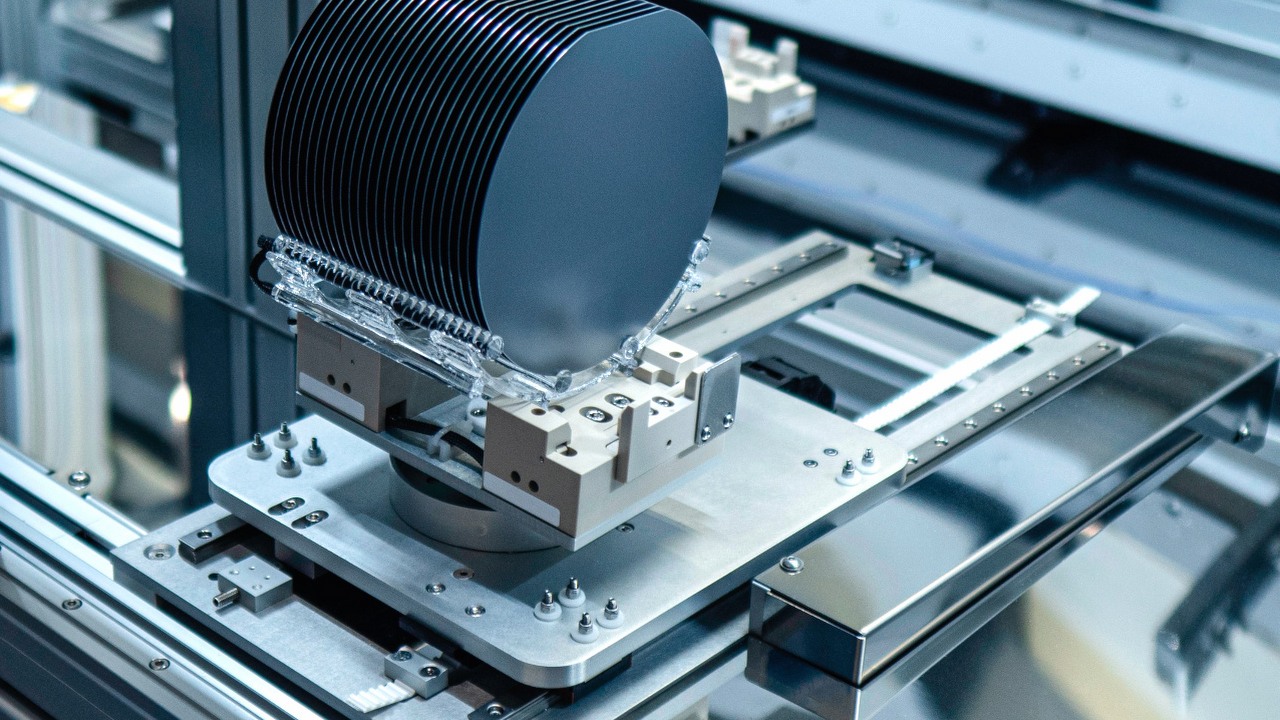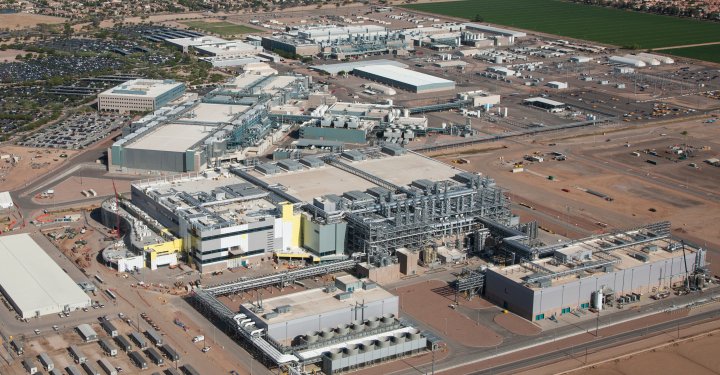Intel Won't Build a Factory in the UK Due to Brexit
Intel's new factory will not be built in Great Britain. The reason is the fact that this country is no longer a member of the European Union, i.e. the Brexit. There are 70 other locations in 10 EU countries under consideration.

- Intel no longer considers UK in its plans to expand production in Europe, the reason is Brexit;
Intel intends to build its factories in Europe as well. The increase in production capacity is meant to address chip availability issues. The company's CEO Pat Gelsinger claims that the UK was considered as one of the possible locations, but that was even before the Brexit. The exit from the European Union has changed a lot and the country was taken off Intel's "list".
"After the Brexit... we are looking at EU countries and hoping for support."
Gelsinger's statement for the BBC also answers the question "why Brexit?". Intel wants the European Union to contribute to the cost of the project - the company is simply hoping for subsidies. Total investment is expected to be $95 billion over the next 10 years. An undertaking of this magnitude means multi-faceted development and significant benefits for the region.
"We hope to reach a location agreement as well as support from the EU... before the end of this year."
Intel's factories are often mega-complexes, powered by their own power plants and offering jobs to tens of thousands of people. Seventy proposals for sites in ten EU countries are under consideration.
You might also be interested in:
Intel believes that the value of semiconductor market should double within 7 years. Efforts to expand production in the US and Europe are expected to increase the stability of supply chains. Many sources of problems in the availability of chips are due to excessive centralization of production (it is estimated that about 80% of silicon wafers are produced in Asia) and consequent vulnerability to crises, natural disasters and pandemics.

Intel's competitors also plan to invest in increasing production - TSMC intends to spend $100 billion on expansion, and AMD even more than $200 billion. Expansion of manufacturing capacity is inevitable and necessary as CPU technologies are used in ever simpler and cheaper devices. Time will tell if Intel's balanced strategy will yield better results.
1

Author: Arkadiusz Strzala
His adventure in writing began with his own blog and contributing to one of the early forums (in the olden days of Wireless Application Protocol). An electrical engineer by profession, he has a passion for technology, constructing and, of course, playing computer games. He has been a newsman and writer for Gamepressure since April 2020. He specializes in energy and space tech. However, he does not shy away from more relaxed matters every now and then. He loves watching science-fiction movies and car channels on YouTube. He mainly plays on the PC, although he has modest console experience too. He prefers real-time strategies, FPS and all sorts of simulators.
Latest News
- 12 million players are celebrating, but not everyone will get a gift. ARC Raiders devs give away pickaxes and bans
- Cyberpunk 2077 creator explains why male V suddenly disappeared from ads
- Court sides with GTA 6 devs. Former Rockstar Games employees suffer a painful blow in their fight for money
- 2 Xbox Game Pass games. Star Wars: Outlaws comes with a newly released zombie apocalypse simulator
- „Bloodborne is a special game for me.” Dark Souls father's honest declaration is painful and hopeless, but true

